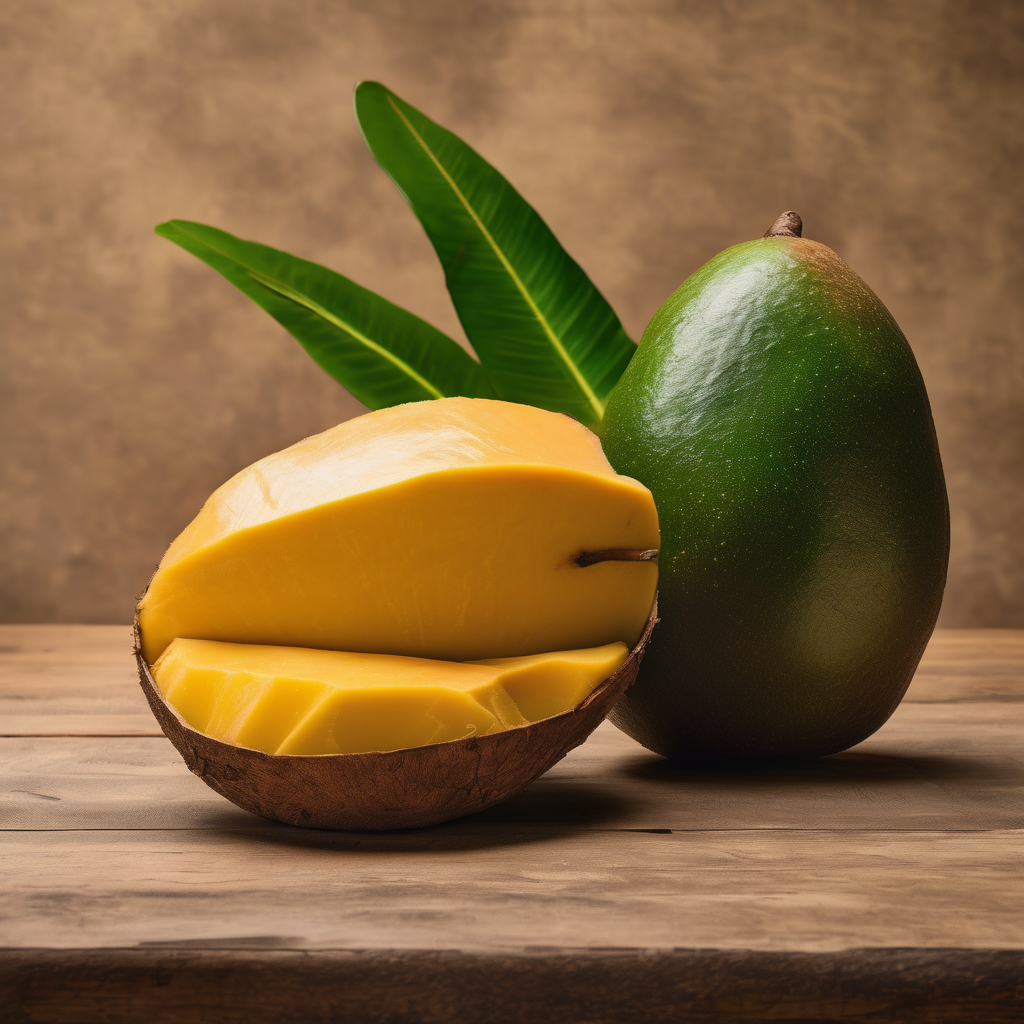In a remarkable step towards sustainable agriculture, researchers at The University of the South Pacific (USP) have unveiled a novel edible and biodegradable food coating made from cassava starch. Spearheaded by Associate Professor David Rohindra and his chemistry team, this innovative development aims to transform food packaging and preservation practices on a global scale.
The new cassava-based coating is adeptly formulated to extend the shelf life of tropical fruits, particularly mangoes. It accelerates the drying process while protecting against fruit fly infestations, a widespread challenge faced by tropical farmers. Comprising natural ingredients such as agar, glycerol, and clove essential oil, the coating not only enhances dehydration but also deters pest activity effectively.
Professor Rohindra emphasized the vast availability of cassava in the Pacific region and its remarkable film-forming capabilities, stating, “By modifying it with natural additives, we’ve created a safe, edible, and environmentally friendly alternative to plastic packaging.” This breakthrough follows Rohindra’s previous research that showcased the effectiveness of cassava starch coatings in minimizing microbial growth and moisture loss across various products.
This study, titled “Development of edible food coating using cassava starch/agar blends infused with clove oil for the preservation of mangoes,” is set to be published in Sustainable Food Technology (2025). With the increasing global appetite for sustainable packaging solutions, this innovative cassava technology could position Fiji as a prominent exporter of biodegradable food wraps, targeting environmentally conscious markets in Asia, Europe, and the Americas.
“This is more than a scientific achievement; it’s a catalyst for economic growth and environmental stewardship,” remarked Rohindra, pointing out the potential for job creation and enhanced exports, as well as Fiji’s opportunity to lead in green innovation.
As the world grapples with the pressing issues of plastic pollution and food waste, Fiji’s cassava-based solution serves as an inspiring example of sustainable development. By harnessing local resources and scientific acumen, this initiative illustrates how small island nations can emerge as influential players in promoting global change. With appropriate investment and supportive policymaking, the edible coating could assume a vital role in food transport and preservation.
Alongside this groundbreaking research, Fiji’s agricultural sector is witnessing a concerted push towards sustainability, evidenced by the establishment of new vegetable processing centers and local entrepreneurs championing homegrown food solutions. These developments showcase not only resilience but also highlight the significant contributions of Pacific nations toward a more sustainable and self-sufficient agricultural future.
